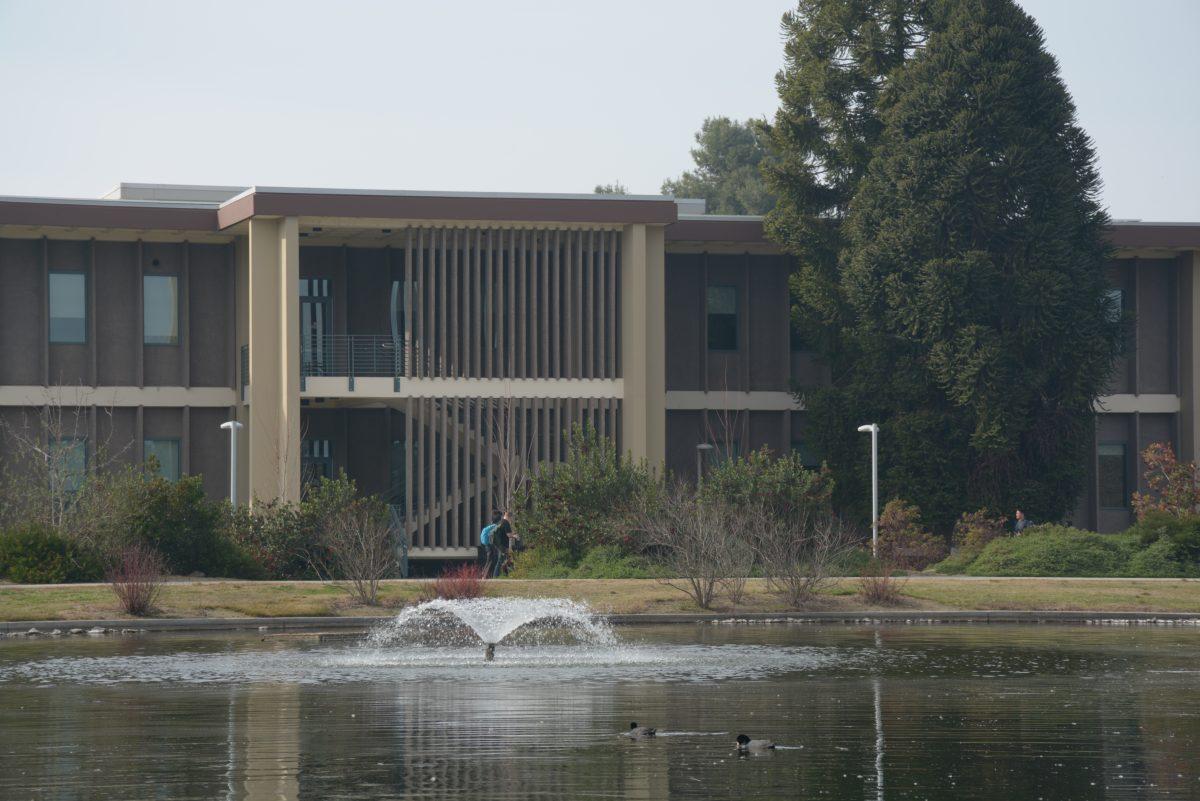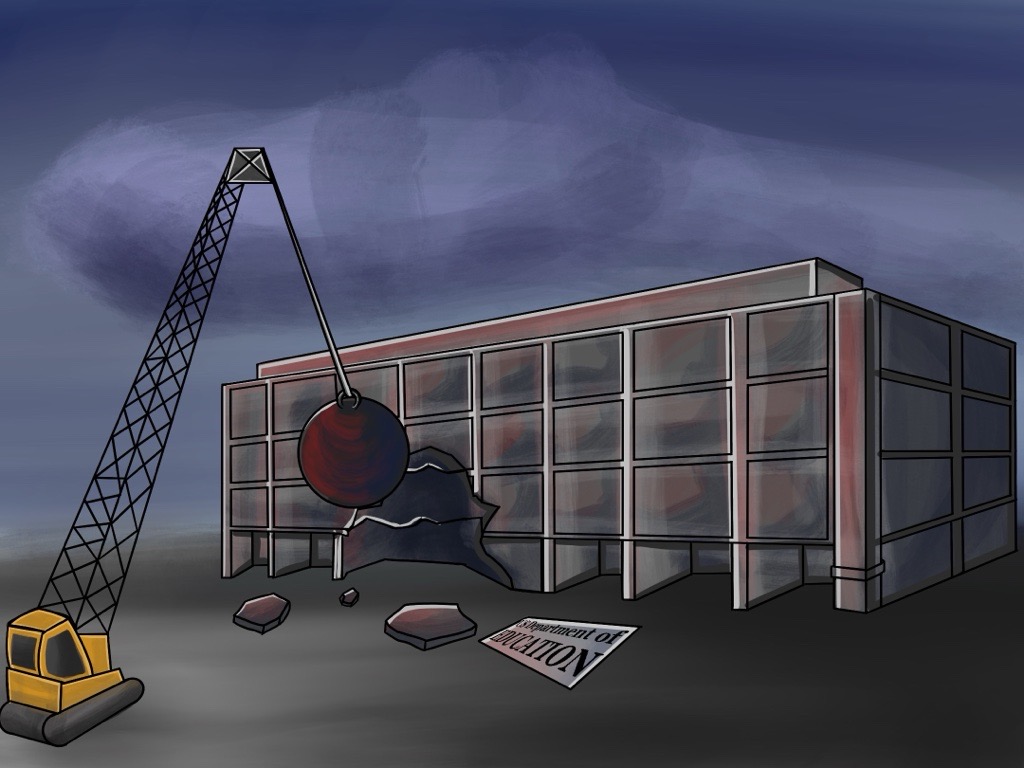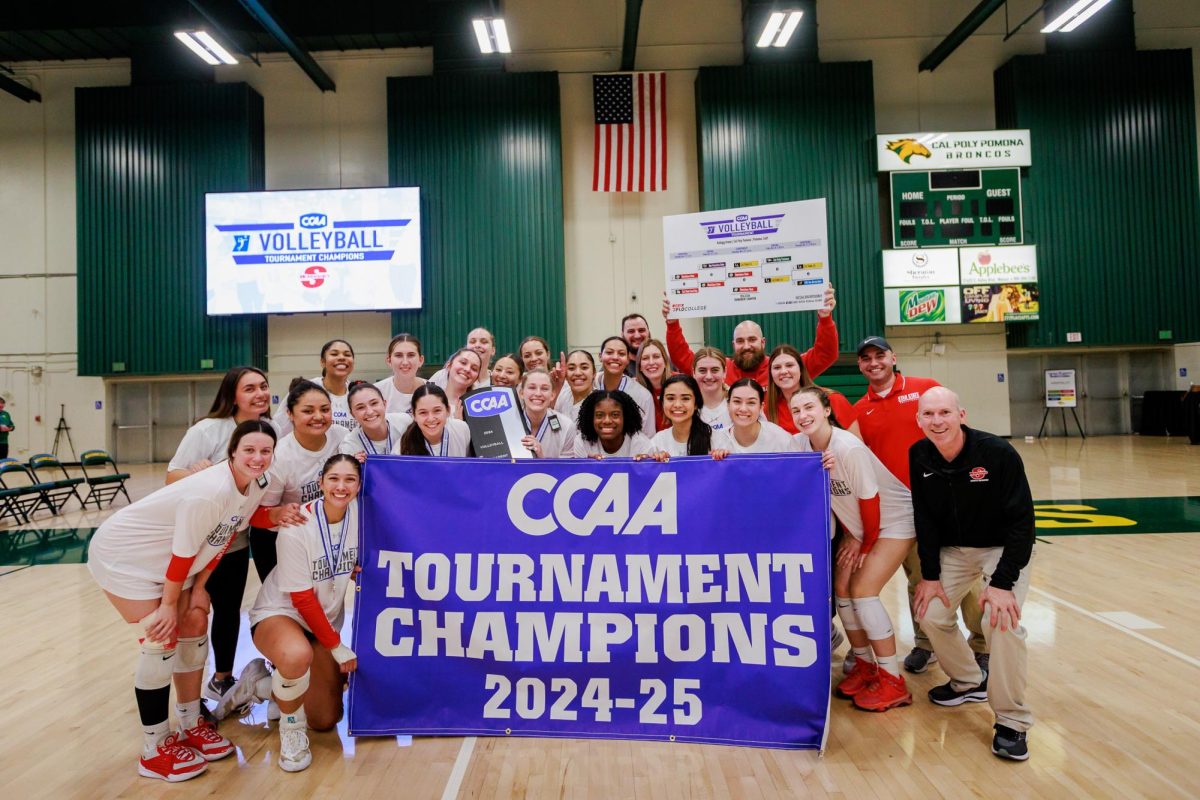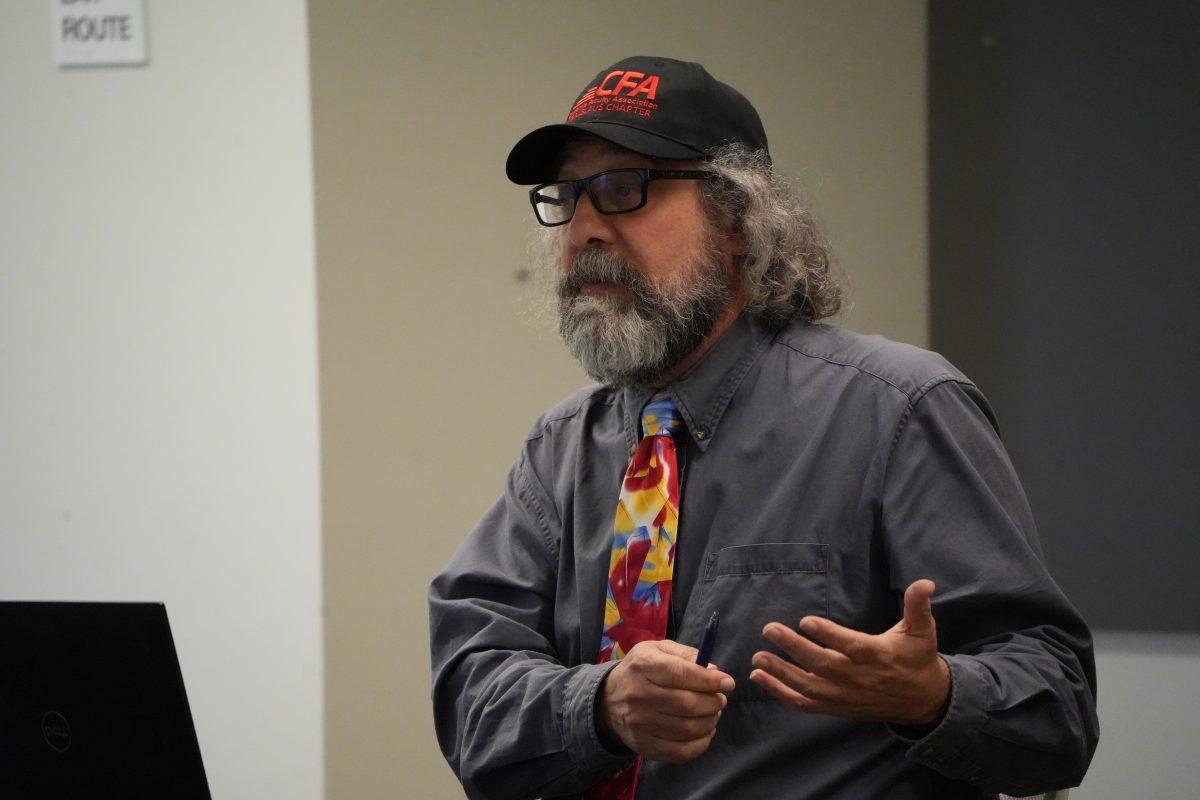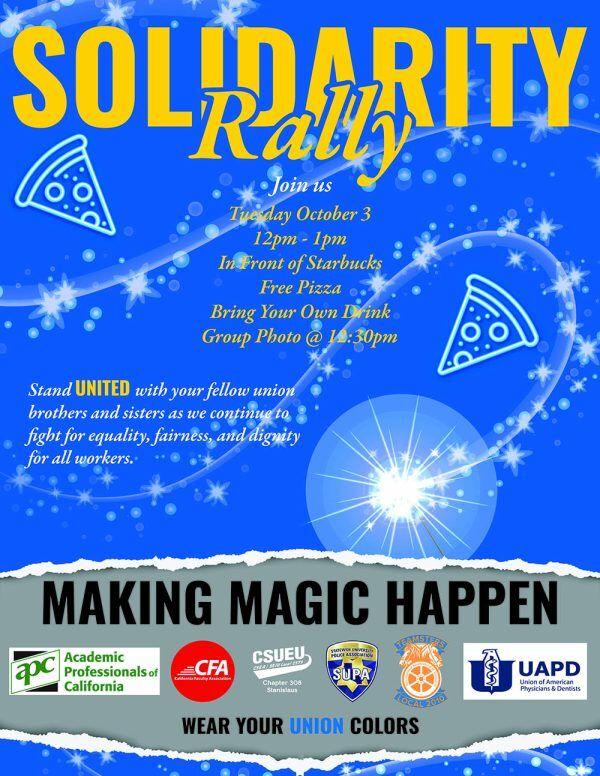Over the course of winter break, California State University, Stanislaus gained its first full-time Victim Advocate, Sarah Beal. As a trauma response advocate and supervisor of Haven’s Safe House, Beal is excited to be on campus as a close support resource for students.
“With this position on campus, I pretty much just am now stationed here, doing the same type of work that I was doing with survivors in crisis situations and also at the shelter,” Beal said. “I will be here on campus, so now if someone has had some type of experience on campus they don’t have to travel off campus to have that resource, a confidential resource.”
As Haven’s trauma response advocate and supervisor, Beal has supported a number of survivors who have experienced trauma.
“What I would do is I would respond to the hospital calls when there was a victim of sexual assault or domestic violence being admitted into the hospital because of injury or because they have been assaulted,” Beal said. “I would be first responder advocate to provide support and resources.”
Along with Beal’s work experience, she has also gone through the state-mandated Sexual Assault counselor program qualifying Beal as a Peer Counselor for issues of Domestic and Sexual Abuse. She hopes to use her training to help educate students here on campus.
“Just last week there was a new warrior watch training and part of the training is equipping people on how to be effective bystanders,” Beal said. “Basically, when they see something going on that could be potentially dangerous or harmful to the community around them, not just to stand by and think somebody else will take care of it but have the skills to either intervene or seek out help. Something I did in that training was explained my role and similar to what I just shared with you, how to support a survivor. I went over that message and implemented that into part of their training.”
When asked what students can do to help loved ones who come to them with a traumatic experience, Beal gave insight on how we can all be a resource of support.
“Often times when we care about somebody we see what they’re doing or we see what happened and we immediately want to say “Okay, I need this, this and this” and we think we know what’s best for the individual but we don’t understand how that person is deeply affected and the suggestions that we may make as an outsider may have the best intentions, but may not be the safest option, may not help the heal-ing process, may not really be the immediate need,” Beal said.
Beal advised students to connect their loved ones with trained support resources, but she also says that any person is capable of believing somebody’s story, validating their feelings and giving them positive support in a way that doesn’t make them feel blamed or controlled.
“A huge thing too with sexual assault and domestic violence is not blaming the victim,” Beal said. “We are so quick as a society to point to the person that has just experienced trauma, who has been unfairly treated ,and tell them what they should have done, how they could have prevented this when the reality of it is they’re not responsible for what somebody else did to them. The abuser is responsible for that. Telling somebody that they should have not drank that much or they should have not went there, they should have not stayed in the relationship, isn’t empowering them, isn’t supporting them, it’s causing guilt and blame that in reality, is misplaced and doesn’t belong on them.”
Students who would like to speak with Beal are welcome to come to her office in the new Science I building. She says her office offers a unique experience compared to other locations on campus.
“What I actually really love about my office is that there is a pond on one side of the build-ing and right by the pond there’s a staircase,” Beal said. “If you go directly up the staircase and turn right, my office is right there. I really like that it’s different than some of the other offices on campus like MSR where you have to go in, talk to a secretary, ask for somebody, wait and then meet with that person or having to enter into the psychology section where people can see you and kind of know where you are going but here, it is a lot more private.”
Beal’s office hours are anytime between 10 a.m. and 5 or 6 p.m in Science I, Room 234. Located outside of her office, there is a chalkboard letting students know her whereabouts. Beal hopes to make herself as available as possible for CSU Stanislaus students seeking support.
“From there, someone can just come in and I would explain to them that what they share with me is confidential,” Beal said. “It is going to stick between us and my role is to provide support in whichever way I can, whether that be resources or counseling, etc. and then from there, give the person the opportunity to share what is going on, process their feelings and kind of look into what the next steps are going to be together.”
Students can also email or call Beal and make an appointment to see her at [email protected] or (209) 667-3993.
“If somebody feels un-sure and is thinking “maybe I shouldn’t go talk”, “I don’t know if this classifies as what she can help with,” I would really encourage people not to hesitate and with domestic violence, a lot of people have this idea that it’s just physical abuse and it’s so much broader than that,” Beal said. “Emotional, controlling behavior, verbal abuse, those things are just as violent in my opinion, just as damaging and those are important things to talk to somebody about and seek sup-port with. I want anyone to feel the freedom that they are able to.”
Categories:
Sit down with The Signal: Beal talks new Victim Advocate position
By Miranda Hamm
•
February 5, 2015
0
More to Discover

